Anxiety is a complex and sometimes serious mental health issue that can affect every individual in a different way.
This can include their emotional well-being, their ability to complete tasks, and their confidence and self-esteem throughout their daily life.
Despite the different struggles that every individual faces, the research is still very unclear when it comes to the best type of treatment for this – mainly due to the differences within anxiety as a whole that every individual will face.
Stress, however, is a common factor within the large proportion of individuals who struggle with anxiety.
This means that individuals who struggle with anxiety are more likely to experience high volumes of stress – something which can have serious and long-term impacts on their physical and mental health.
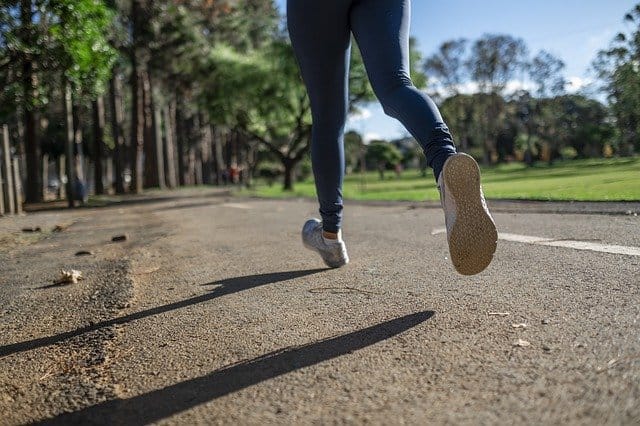
Due to the increased stress that an individual may be under as a result of their mental health, there is also an increased prevalence of cardiovascular disease and other physical health impacts as a result of this. [1]
Therefore, exercise has been shown to directly impact this, helping in many other areas by improving individuals’ cardiovascular health and therefore their mental health as well.
This is just one of the ways in which an individuals’ mental health may be improved as a result of exercise.
The following sections outline some of these benefits in more detail, as well as expanding on the benefits of exercise in general when regarding mental health and wellbeing.

For many individuals, exercise is seen as part of a routine and is therefore something that must be adhered to.
Motivation levels also differentiate massively between choosing to partake in physical activity or choosing to focus on one’s mental health.
For this reason, implementing some form of exercise (whether this is regular exercise, aerobic exercise, or something more specialised e.g., swimming, horse riding etc.) into the everyday life of someone who is struggling with mental health (not just anxiety) can be extremely beneficial.
Just having a part of the day that is dedicated to the physical improvement of the body can sometimes be enough of a starting point for individuals to realise that they need to focus on other areas of their life – mental health, specifically – due to the time that they have had away from worrying about issues like this.

For some individuals, it may not be possible for them to begin courses of medication and pharmacological interventions due to other physical or mental health issues, but there are generally few reasons why an individual cannot engage in some form of exercise.
This can include anything from a walk around the block to going for a jog – it does not matter about the individuals’ abilities or fitness, rather that they are partaking in the activity to begin with.
The following subheadings outline the specific ways in which exercise acts on the body, and how this can be linked back to mental health and the improvement of conditions such as anxiety.

Though a lot of research focuses on different disorders other than anxiety, the link between exercise and the physiological system has been proven again and again.
For example, studies have shown that exercise increases the blood flow around the body (as we all know), but that this can have positive impacts on more than our physical health. [2]
Just getting out and about, as mentioned previously, has a huge impact on how ‘well’ someone may feel on a day-to-day basis, as well as occupying themselves enough that they do not focus on the mental health issues that may have been perpetually bothering them before they began exercising.

The opioid system is the body’s centre for processing reward, pain, and addictive behaviours.
This means that it is highly active in the body’s development and experience of anxiety – making it a key area to focus on during treatment.
During exercise, the opioid system is highly active, helping to regulate food consumption and therefore controlling body weight (3).
By focusing on these areas, there is less processing power for the individual to experience feelings of anxiety.
It has been shown that the effects of exercise can also last for long periods of time, meaning that the individual may not experience feelings of anxiety for a few minutes after finishing exercise, further adding to the reasons why it is such a beneficial treatment.

As well as the physical and hormonal impacts of exercise, there are countless other reasons why it is such an effective form of treatment.
Another key reason to take up exercise when struggling with anxiety is the psychological benefits that exercise provides.
By sticking to a schedule of regular (not necessarily daily) exercise, individuals begin to develop a routine.
Regular exercise partaken in this way can have long-term benefits.
By proving to oneself that an individual can partake in regular exercise and commit to something, they may be more likely to commit to other forms of self-care such as therapy or other forms of treatment for anxiety.

Studies in the past have shown [4] many times that individuals who partake in regular exercise are more likely to abstain from substance use when the individual is struggling with addiction or has previously struggled with addiction.
Like anxiety, addiction is a complex disease which can develop for many different reasons depending on the individual, their experiences, and the daily struggles that they may face.
This means that individuals who partake in exercise for the treatment of anxiety may also benefit if they are struggling with addiction.
However, it is important to note that addiction is a serious disorder if left untreated.
It is always recommended to partake in multiple treatment such as adopting exercise habits while undergoing different forms of physical and mental health therapy and counselling.

In modern rehabilitation centres and treatment programmes, exercise is being introduced more and more as a holistic therapy – something that is slightly more unconventional than typical counselling and other forms of talking therapies.
This makes exercise an easy treatment to incorporate into any treatment programme – benefitting both the individual’s mental health and physical well-being.
To learn more about how exercise and/or sport may be included in a treatment programme specifically for you or someone you know, get in contact with Rehab 4 Addiction today.

Studies have directly shown the link between exercise and alleviation of symptoms from disorders such as depression, [5] but the direct impact on anxiety is something that is not as directly studied.
However, this is mainly due to the many different forms and ways in which anxiety presents itself from individual to individual.
For example, an individual with social anxiety may benefit greatly from exercise, as it is something that can be completed as a solo activity, with the incorporation of others at any time.
However, exercise may not be so suitable for someone who’s anxiety revolves around hygiene, being outside, or a lack of breath control.
This highlights how exercise may have to be tailored for different individuals, but how it can still be adapted for specific needs and requirements.
The following subheadings outline some other common mental health issues and how these may be improved with exercise and/or a treatment programme that incorporates this.

As a way to bring attention to a certain area of life (i.e., an individual’s mental health), some individuals struggling with attention-based mental health disorders such as ADHD may benefit from exercise.
Like with anxiety, exercise serves as a way to bring attention to one specific activity, without the distractions around the individual disrupting their thought pattern.
By engaging in this behaviour repeatedly, an individual will form a habit – something which can affect other areas of the individual’s life, including when it comes to adhering to a treatment programme or course of therapy.
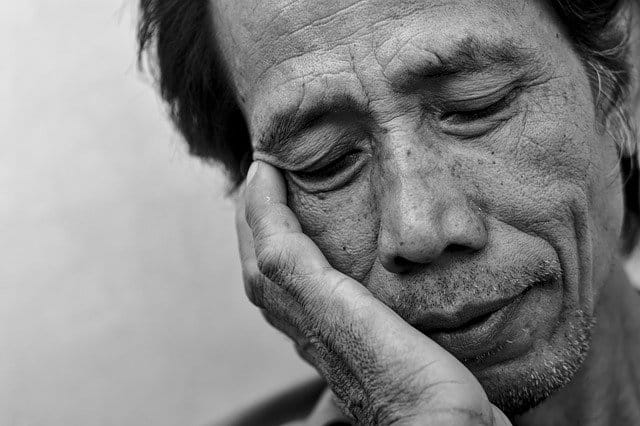
As mentioned earlier, it is important to reiterate that depression is a disorder that will benefit from exercise.
This is because many of the symptoms experienced by individuals struggling with depression are those that are directly impacted by exercise and physical activities in general.
A continuous low mood, for example, may be improved by getting out and about with an exercise routine or interacting with others as part of a sports team.
Feelings of low self-esteem may also be improved due to the individual’s commitment to exercise and the feeling of ‘If I can do this, I can do X’.

Panic disorder is a mental health issue – a form of anxiety – that can be categorised with physical health impacts such as an increased heart rate and blood pressure, increased breathing rate, and general activation of the ‘fight or flight’ system.
This means that engaging in exercise can reduce many of these effects.
Although the short-term impacts may include an increase in heart rate and blood pressure, studies have shown that the more an individual partakes in these kinds of activities, the lower their resting heart rate and blood pressure become.

PTSD is another mental health issue that is categorised by serious symptoms that can be greatly reduced by partaking in physical activity and exercise.
For example, hallucinations (audio and visual) may be reduced when the individual begins to take part in exercise.
Yoga and running may both improve these symptoms due to their aerobic nature and the impetus for the individual to focus on other activities.
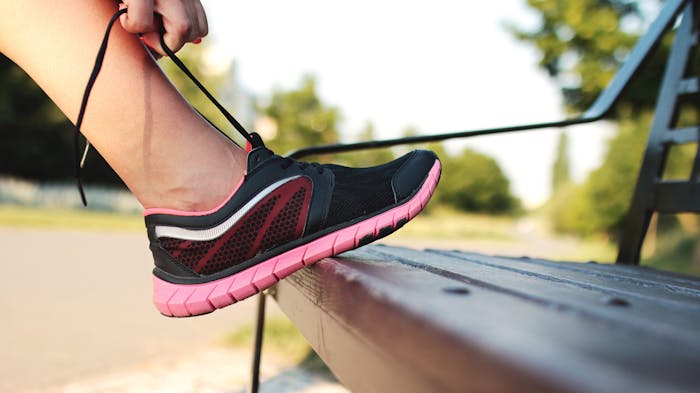
As a final point, it is important that a few good forms of exercise are suggested, as the positive effects of these are beneficial for a multitude of mental health issues, not just anxiety specifically.
The following subheadings outline two key forms of exercise, some key features of these, and the ways in which they can be beneficial, both for the individual and the mental health issues that they are struggling with.
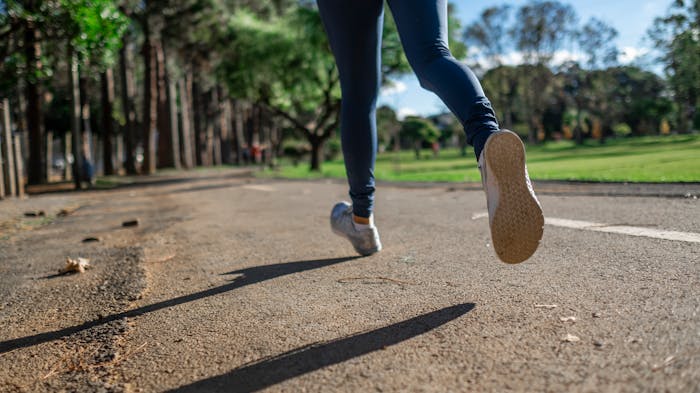
Aerobic exercise refers to any form of exercise that prioritises the cardiovascular system i.e., the heart, lungs, and blood system.
This is also referred to as ‘cardio’ and means that the heart is pumping within the body beyond the individual’s resting heart rate.
Some common aerobic activities [6] that can help with anxiety include:
Individuals can engage in these activities by themselves at home, through organised exercise groups, or through self-organised groups i.e., with close friends and/or family.
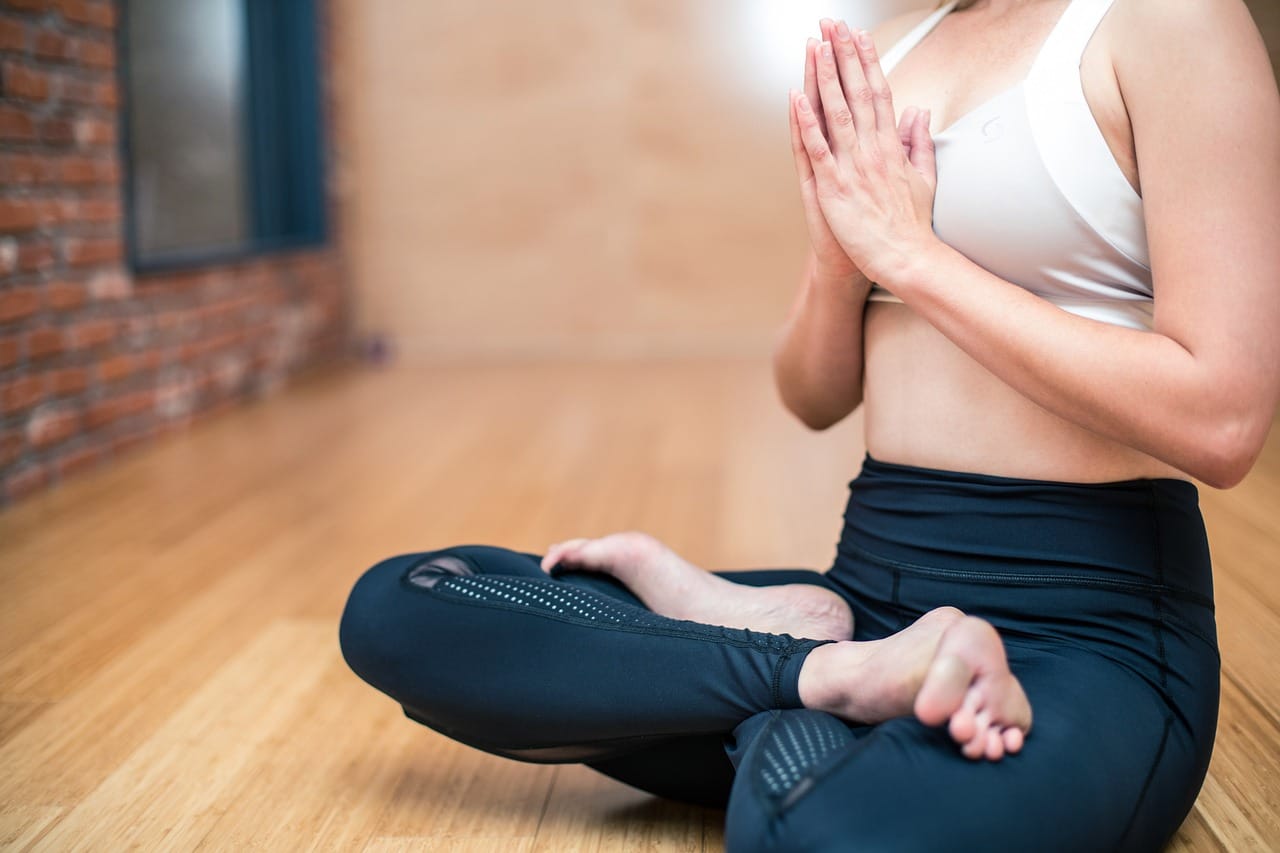
Yoga is often thought of as an exercise for both the mind and the body.
This is because individuals engaging in yoga are encouraged to join the two together through movement, breath, and focus.
This is one of the reasons why yoga is such a beneficial activity – not only can it provide serious physical health benefits such as general strengthening and toning of the body, but it can also provide a valuable period of time in which individuals can reflect on their lives.

To learn more about exercise, anxiety, addiction, mental health, and treatment, do not hesitate to get in contact with Rehab 4 Addiction today.
Though we specialise in matching individuals to the most suitable rehabilitation programme for addiction and substance use disorders, we are also experienced in aiding those with mental health issues by suggesting different treatment programmes, highlighting various local opportunities, and speaking one-on-one with individuals to find what is most suitable for them.
To find out how we can help you overcome anxiety, call us on 0800 140 4690
[1] https://pubmed.ncbi.nlm.nih.gov/32342469/
[2] https://pubmed.ncbi.nlm.nih.gov/20971800/
[3] https://www.ncbi.nlm.nih.gov/pmc/articles/PMC6866313/
[4] https://www.ncbi.nlm.nih.gov/pmc/articles/PMC8397487/